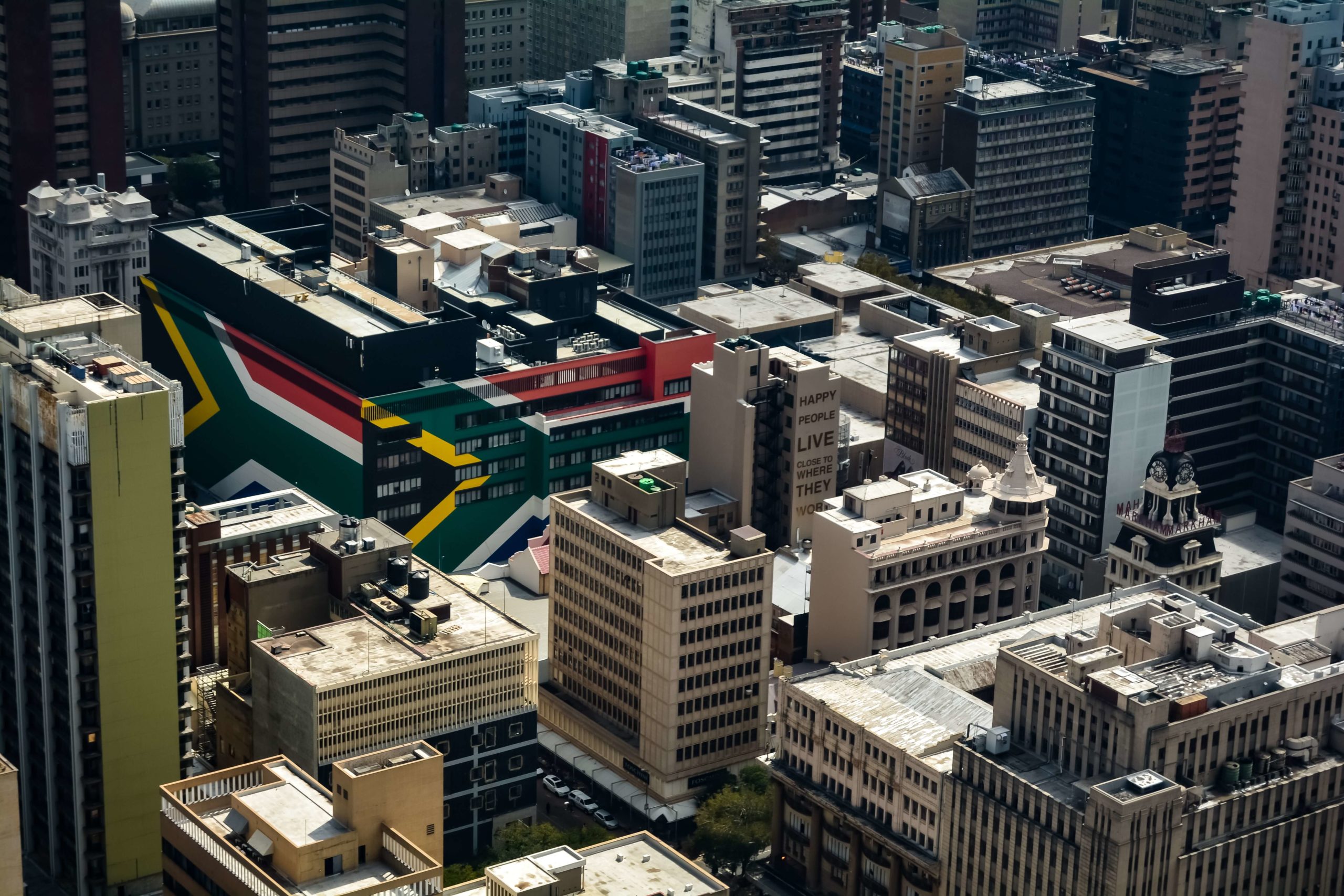Today, the ICJ will argue a case before the Supreme Court of Appeal, as an amicus curiae, that the rights to housing and work for persons working in the informal sector to reclaim waste for recycling must be protected in line with international law and standards.
The case arises from an appeal of the City of Johannesburg against a decision of the High Court handed down in Ryckloff-Beleggings (Pty) Ltd v Ntombekhaya Bonkolo and Others. Accepting arguments put forward by the informal waste reclaimers, and supported by the International Commission of Jurists from an international law perspective, the High Court ordered the City to allocate land to the reclaimers where they “can live at night and lawfully and safely sort the reclaimed waste and from where they can reasonably go during the day to use their flat-bed trollies lawfully and safely to collect waste”.
“South African courts have indicated that there is a legal obligation to treat all people at risk of eviction with ‘care and concern’. Facing eviction is devastating for any person. Facing eviction and unemployment simultaneously is catastrophic”, said Tim Fish Hodgson, ICJ Senior Legal Advisor.
The ICJ argued that the Courts should find that the City of Johannesburg has a duty to consider measures that would avoid violations of the reclaimers’ rights upon their eviction.
In this matter, the Socio-Economic Rights Institute of South Africa represents over 100 informal waste reclaimers who are opposing an application for eviction unless the alternative accommodation provided by the City of Johannesburg allows them to continue making a living reclaiming waste.
Many of the informal reclaimers in this matter have lived on the property for extensive periods of time and they assert that the eviction will result in them being rendered homeless. Many make a living by collecting, sorting, recycling, and selling valuable materials disposed of as waste at and near their homes.
The ICJ, represented by Lawyers for Human Rights, is asking the Court to fully consider the impact of any eviction order it grants on the rights to housing and work. Considering that all of the reclaimers cannot access any other employment , the ICJ argues that any eviction order granted by the court should not decrease their access to employment for those violating their right to work. In the South African context, job opportunities are scarce with an official unemployment rate as high as 32 percent.
The ICJ also stresses the impact that an eviction from a location in which the reclaimers work will have on their children.
“After an eviction, children do not have the same capacity as their parents to create the means of sustenance for themselves using the resources available to them in their new environment,” said Hodgson.
“Where an eviction order diminishes their parent’s access to work, the reclaimers’ children’s rights will also be impacted negatively because their rights are clearly connected to their parent’s rights to make a living”, he concluded.
Documents:
Download ICJ’s heads of argument in the Supreme Court of Appeal here.
Contact:
Timothy Fish Hodgson, ICJ Senior Legal Adviser, Economic, Social and Cultural Rights, e: timothy.hodgson@icj.org
Mulesa Lumina, Legal and Communications Associate Officer (Africa Regional Programme), e: mulesa.lumina@icj.org





